Why is Lithuania betraying Svetlana Tsikhanouskaya?
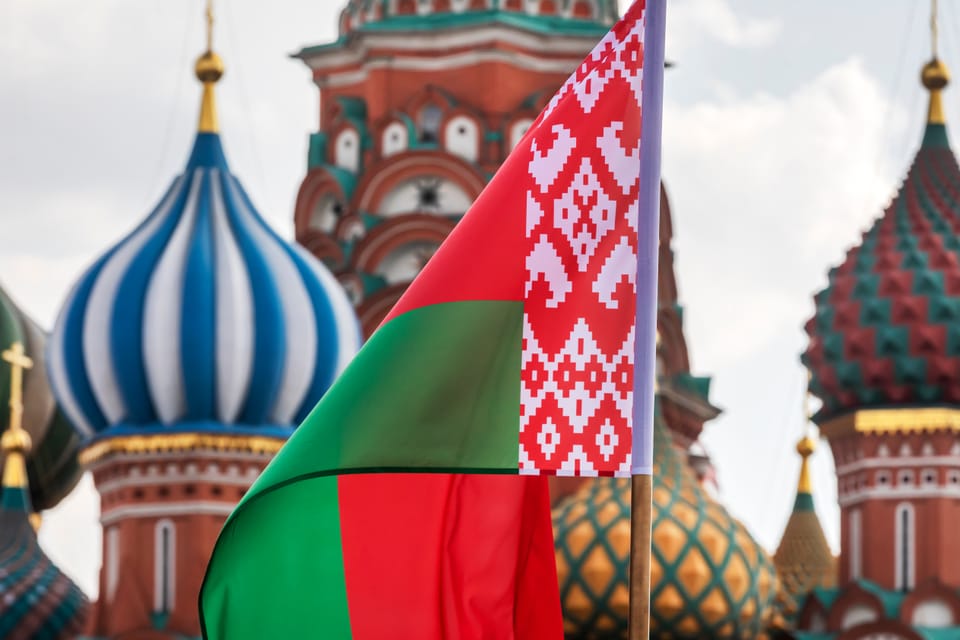
I kept silent about my home country Lithuania’s internal politics for almost a year. Since leaving office I felt like I needed some distance, to think more objectively. But after recent Lithuanian moves against Belarus opposition leader Svetlana Tsikhanouskaya, I now feel I cannot stay silent about my country’s radical changes in direction.
As I see it, this particular u-turn is the straw that can break the camel’s back, unravelling what Lithuania has stood for since regaining independence, fundamentally undermining our achievements and gutting our hard-earned reputation of being fighters for freedom. The implications are more dangerous than they seem at first glance, so let me explain the whole story.
Svetlana Tsikhanouskaya has been a symbol of the fight against tyranny and against the enormous odds that are stacked against democracies. Having won the Belarus presidential elections in 2020 she had to flee to Lithuania, which offered shelter to her and her children. Her husband was incarcerated in Belarus for being a threat to the dictator Lukashenko. Svetlana was fighting relentlessly for the dignity of the Belarusian people, convincing Western leaders to sanction a corrupt regime and offering a real alternative, a future political choice for the Belarusian people. She was a reminder that no country is doomed to be run by a dictator. She stood as a bulwark against Western desires to remove sanctions, initiate reconciliations and offer appeasements to dictators. I had the great privilege to assist her in her fight. For five years she was a living, breathing symbol of democracy, and what energised me most was her help building Vilnius into a world-renowned capital of resistance against authoritarianism.
Meanwhile, Lukashenko remains firmly in the authoritarian camp. Only a few days ago, a swarm of balloons from Belarus forced Vilnius Airport to close. Drones launched against Poland fly through Belarusian airspace, and sometimes they are even launched from Belarus. There is no hope at all that Lukashenko has the desire, the intention, or even the ability to rejoin our family of free and friendly nations.
But Lithuania’s move to remove Svetlana Tsikhanouskaya’s security detail effectively forces her family and her office out of Lithuania. With no explanation, and giving her almost no time to prepare, the government of Lithuania no longer considers Svetlana an official Guest of the State.
By losing her, my country loses an important partner in the fight for democracy, loses visibility when standing up against tyrants, loses the strength of voice needed for a smaller country to defend its national interests in a world where realists rule.
Lithuania became a center of values-based foreign policy long before it became a doctrine. Since 2016, Vilnius hosted Russian opposition gatherings and the Free Russia Forum. Every May – no matter what government was running Lithuania – people like Nemcov, Kasparov, Kara-Murza and countless others would gather in Lithuania to discuss the democratic future of Russia. Vilnius is a place Russian and Belarusian opposition activists chose to live and work in. A center for dissidents that demonstrated the value of support and kept the hope alive that democracies will win. After all, Vilnius is the city where Taiwanese people can proudly call their office by their chosen name, not China’s.
Svetlana was invited in August 2020 by the foreign minister working in the center-left government of the time – Linas Linkevicius. I was proud to continue his work in the subsequent center-right government, structuring what was morally right into a more formal foreign policy agenda. Values-based foreign policy is not only morally right, it is also a policy of paying forward, upholding principles for subsequent generations. Small countries at the borders of big countries are a kind of anomaly of history, made possible by alliances and upholding the principles of international law.
I have always argued that defence of values is the most pragmatic way for a small country to work. When the crocodile turns to us – and he will definitely turn to us – we will have participated in the creation of the system of likeminded countries and people that can assist each other, building trust over a long timeframe.
We don’t know what will happen to other dissidents on our territory, but I am dismayed to realise that Lithuania can no longer be considered a trustworthy partner for people looking for shelter from tyranny.
Reasons behind the decision remain obscure, but it is clear that the main beneficiary is Lukashenko – forcing Svetlana out, hoping to silence her, questioning her legitimacy is exactly what he has been dreaming about for a long time. The current Lithuanian government, especially its more radical elements, always wanted to return to business as usual with the Belarusian dictator.
But the self inflicted wound will go much deeper. Having lost a moral ground, the Lithuanian voice will be less valued and less appreciated in the world. Dictators will have a moment to rejoice – celebrating having one voice less to worry about. In their view – Lithuania has taken a step towards where Hungary and Slovakia are.
And at the same time, the world is not getting any safer, especially not for Lithuania. I will repeat – in the world of Putin and Lukashenko there is no place for Lithuania, or for any small country. By ejecting Svetlana, Lithuania is helping to create that world.
The situation that my country faces today didn’t start last week. The scene was set a while ago. A couple of months before the 2024 elections a group of parliamentarians requested a ruling regarding statements made by MP Remigijus Zemaitaitis. The statements in question were openly antisemitic and the group decided that ignoring them could imply approval, so they approached the Constitutional Court.
The Constitutional Court ruled that the MP had been systemically antisemitic and his statements constituted a breach of his oath. The next step – a vote in parliament to take away his mandate. If the vote had succeeded – Zemaitaitis would not have been allowed to run in the next election. He did not wait for the vote, he gave up his seat before the vote, allowing himself to escape with a clean record and run again in the next elections. Zemaitaitis then created a party, a hard right (populist) movement, promoting it mostly through Tik-Tok. This movement promoted anti-Ukrainian tropes, with the typical assorted Eastern/Central European populist nonsense. You’ve heard this story before, but the scary part is that in Lithuania the Tik-Tok party got 15% of the votes.
And so to the formation of the coalition. The Social Democrats decided that they needed a wider coalition and decided to include the Tik-Tok party. That prompted vast protests to pressure the Social Democrats and the President to block any antisemitic coalition. The pressure did not work – the coalition was formed. But a vague promise that the radical parties will not contribute members to the government was given.
Not even half a year passed and the Prime Minister had to resign on allegations of misuse of public office. With the Social Democrats in disarray and searching for new leadership, the Tik-Tok party only gained strength.
It is a story as old as time. Naive or malicious ideas to incorporate populists in governments in order to “control” or to “expose” them never ends well. Clowns turn governments into a circus, but it is almost always much less fun.
The Tik-Tok party has been working from the same script as parties in Romania, Moldova, Georgia. Ideas, words, divisions created – we have seen that already, and it almost always feels as if the guidebook was written in Moscow.
When a new government was formed this summer, the Tik-Tokers took their chance and requested ministerial posts. The promise about keeping them out of those posts was broken and forgotten.
The President – who would be expected to counter-balance the forces in Parliament – chose to throw his weight behind the coalition again. The explanation for that is difficult to find. Lithuanians always had a habit of electing Presidents who looked after the country's interests. It appears that this is no longer the case.
The situation reached boiling point when Zemaitaitis decided to nominate a member of his party as Culture Minister. The candidate was completely unqualified, nothing to do with culture, appearing more like a parody than a politician. Immediately thousands of actors, writers and singers came out in protest demanding his resignation and the Tik-Tok party’s exclusion from the post. Ignoring the protests, the President signed the appointment.
One of the first tasks carried out by the new Culture Minister was to order the removal of the Ukrainian flag from the ministry. This did not go unnoticed. His extremely short term ended the next when he was asked on camera “Crimea is whose?”. The minister chose not to answer that question. He stepped down immediately afterwards.
The mass protests by the culture sector and the thousands of people who support their aims continue to gain momentum. The protest is now evolving from a fight for one ministry into a movement to prevent the loss of our country.
The lesson here and everywhere else is the same – we cannot take freedom and democracy for granted. Georgians, Moldovans are fighting for political freedom every day. Ukrainians are fighting like hell for their country. And the dangers are spreading in many other European countries, now apparently including mine, Lithuania. I am sad that we are dashing the hopes we raised. I apologise to all those to whom we gave shelter, but then failed to protect. I hope you will be able to forgive us, because it looks like we might need your help soon.
If you appreciated this article and you would like to support our work, join Friends of Democracy today!
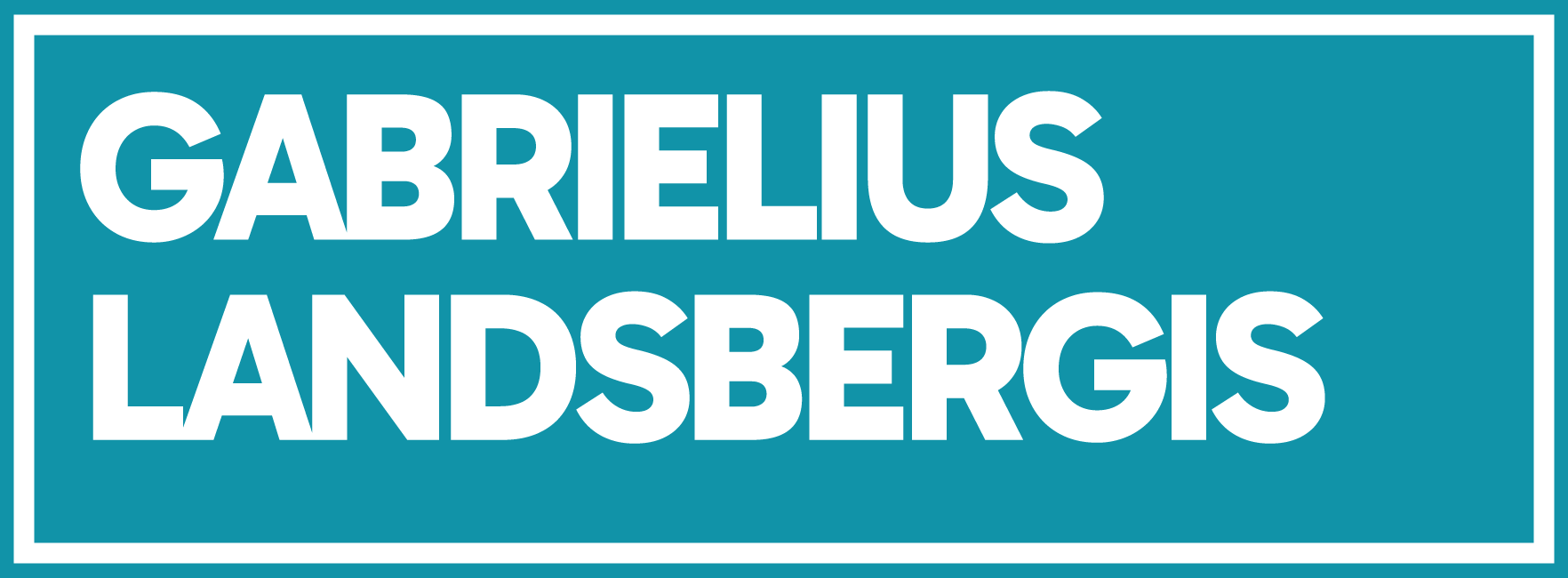
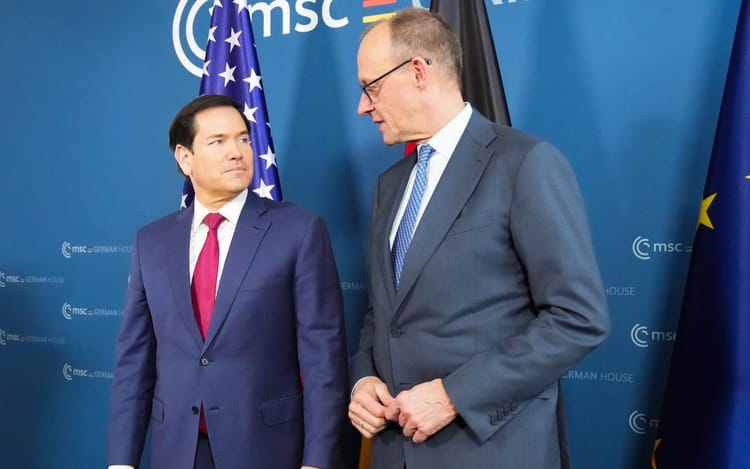

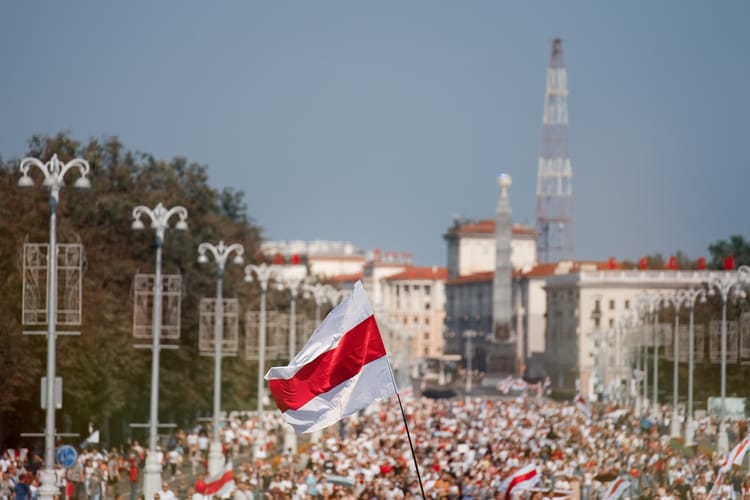
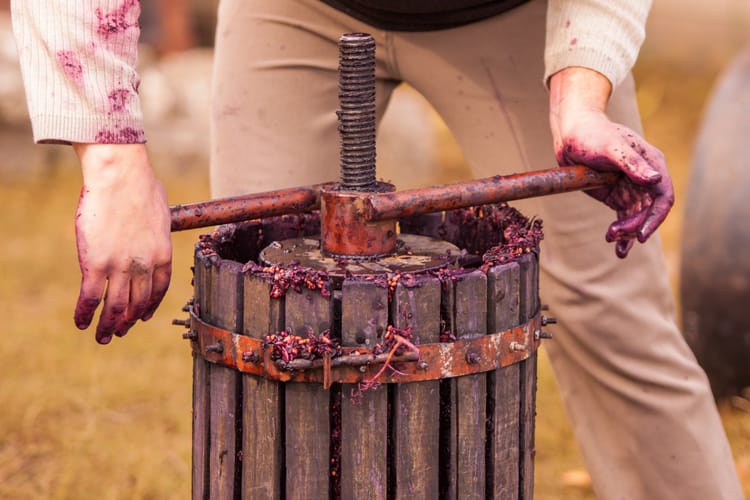

Member discussion